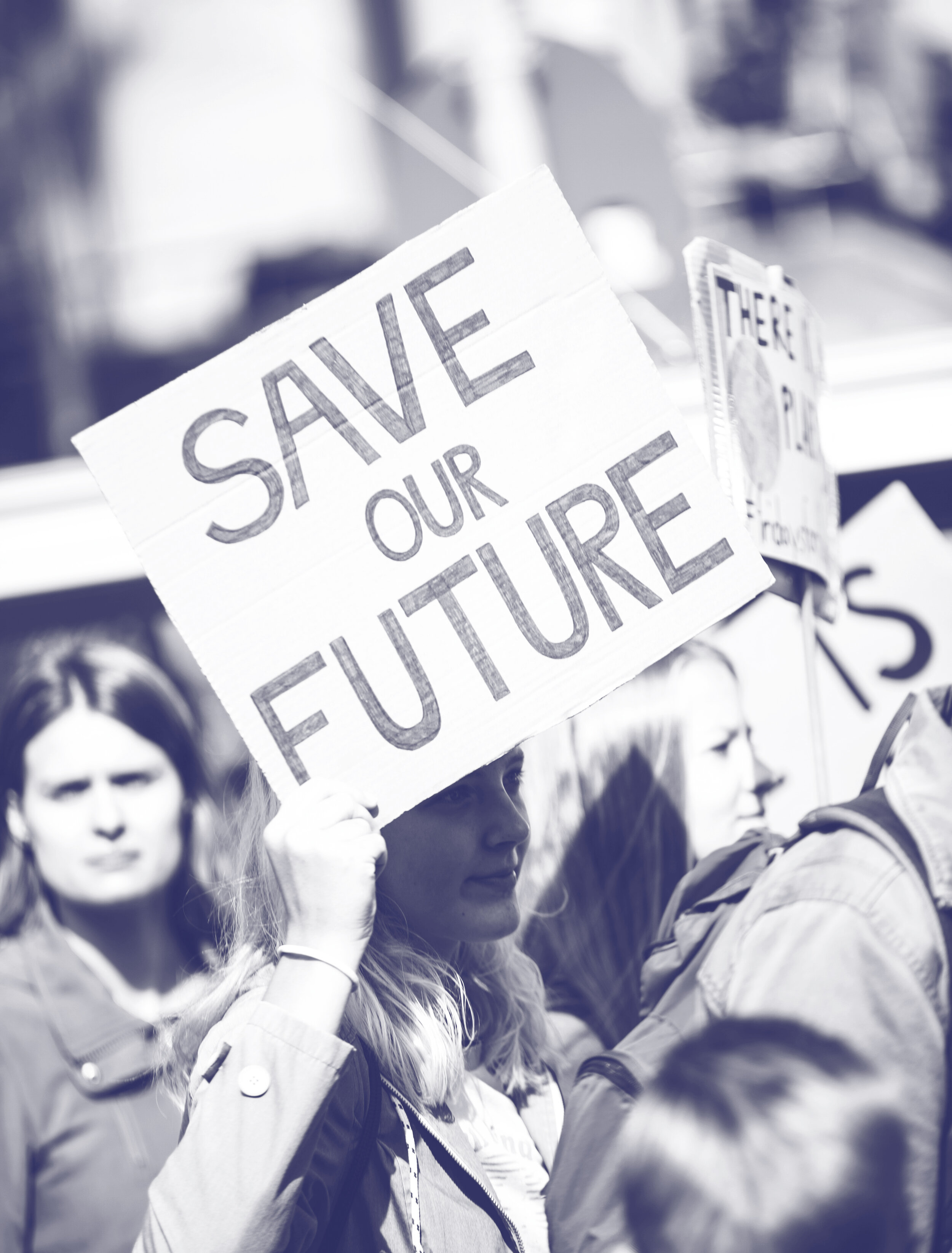
The future of foreign policy starts at home.
Our Policies
The United States’ force-first (and often force-only) approach has devastated communities at home and abroad and undermined the values that we aspire to uphold.
Although climate change affects everyone, young people have the most to lose. The United States must be a leader in addressing the climate crisis, not a bystander.
Thinking about competition through a zero-sum, hard security lens often risks heightening international tensions rather than resolving them.
The nuclear security environment has dramatically shifted since the end of the Cold War, but US policy has largely remained the same.
Sanctions are often presented as a limited and politically palatable response to international conflict, yet indiscriminate applications often harm young and vulnerable people.
The United States has played—and continues to play—an outsized role in creating instability across the globe. We must be willing to play an essential role in resettlement efforts.
Austerity is not an effective economic approach and causes undue harm to vulnerable communities and populations both at home and abroad.
The United States must prioritize making safety standards, labor rights, and environmental protections core components of its trade agreements.
In no place is US aid more important than where the United States has previously created and exacerbated suffering.
In the years following 9/11, the United States government constructed and empowered a surveillance state that often acts unconstitutionally and with insufficient oversight.
The United States should work with its international partners to solve current and future global challenges, such as climate change, economic inequality, endemic corruption, and the nuclear arms race.












